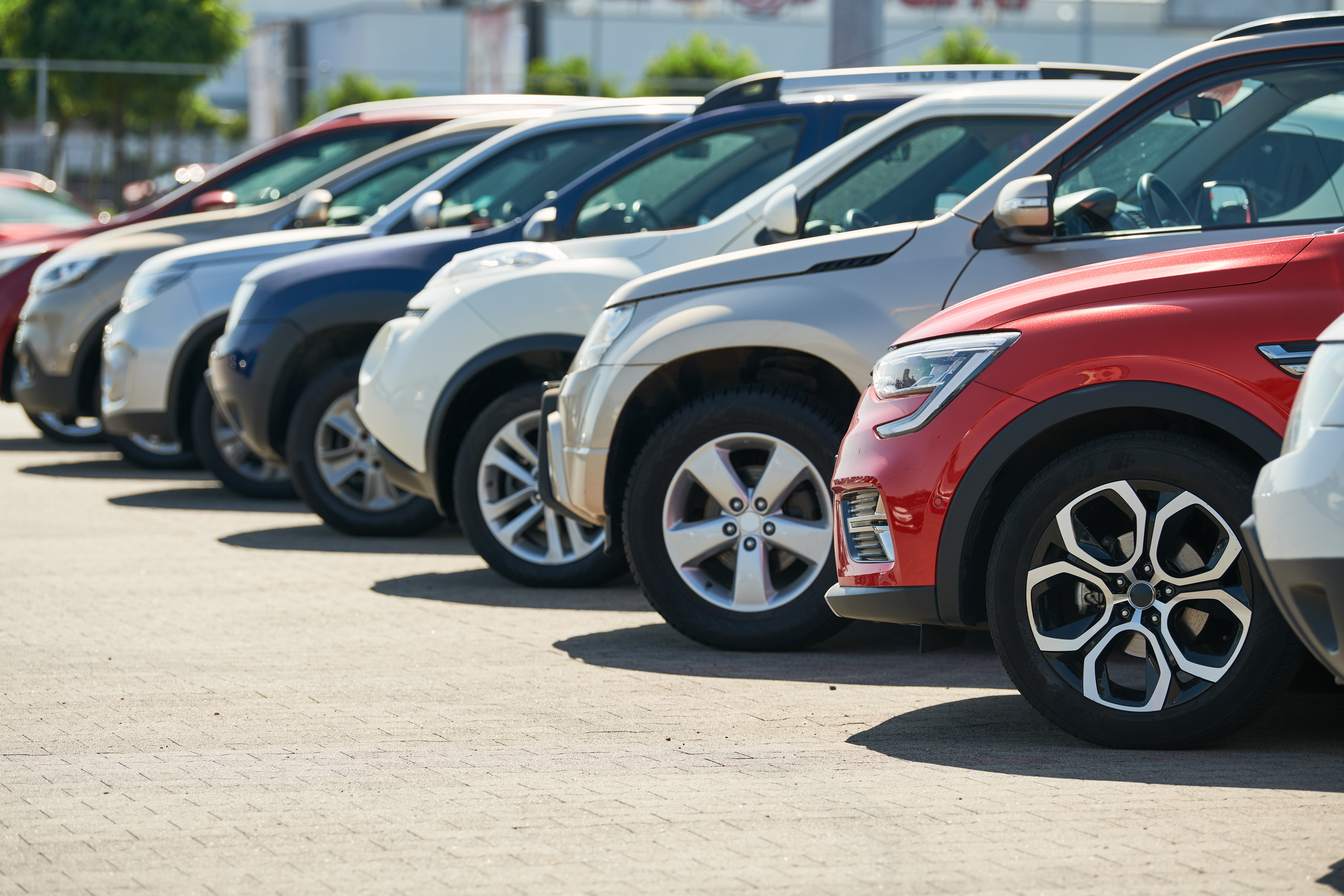
HMRC Fuel Rate Changes: Petrol and Diesel Car Owners Face Higher Costs
Big changes are coming for motorists in the UK as HMRC introduces updated Advisory Fuel Rates (AFRs) starting March 1. If you drive a petrol or diesel company car, get ready to pay a little more per mile, while electric vehicle (EV) drivers continue to enjoy lower costs.
Let’s break it down. For diesel cars with engines up to 1,600cc, the rate is going up from 11 pence per mile (ppm) to 12ppm. If you drive a petrol car with an engine between 1,401cc and 2,000cc, you'll also see an increase—rising from 14ppm to 15ppm. However, larger petrol and diesel engines won’t see any changes for now.
Also Read:- Monster Hunter Wilds Preload Times Revealed – Get Ready to Hunt!
- Trump Names Alice Johnson as "Pardon Czar" to Oversee Clemency Cases
Why is this happening? HMRC adjusts these rates quarterly based on fuel prices, and with petrol and diesel costs rising for the fourth consecutive month, it's no surprise that some AFRs are increasing. Right now, diesel prices are around 146.1 pence per litre, while petrol sits at 138.7 pence per litre. That’s the key factor behind these rate adjustments.
Meanwhile, electric company car drivers are getting a better deal, as their advisory electricity rate remains steady at 7ppm. This rate is based on an electricity price of 25.24 pence per kilowatt hour and an estimated efficiency of 3.57 miles per kilowatt hour. In simple terms, if you drive an electric company car, you can continue to claim back fuel costs at the same rate as before.
What about LPG and hybrid vehicles? LPG rates are staying put across all engine sizes, with smaller engines (up to 1,400cc) at 11ppm, mid-range engines (1,401-2,000cc) at 13ppm, and larger ones (over 2,000cc) at 21ppm. Hybrid cars will still be classified under either petrol or diesel rates, depending on their engine type.
These fuel rate adjustments matter, especially for businesses that reimburse employees for company car use. If the mileage reimbursement stays within these HMRC-approved rates, there are no tax implications—no taxable profit for employees and no extra National Insurance costs for employers.
So, if you drive a company car, keep an eye on these new rates from March 1. While the changes may not seem drastic, they do add up over time. With fuel prices fluctuating and EV incentives becoming more attractive, it’s clear that the government is steering the country toward a greener future.
Read More:



0 Comments